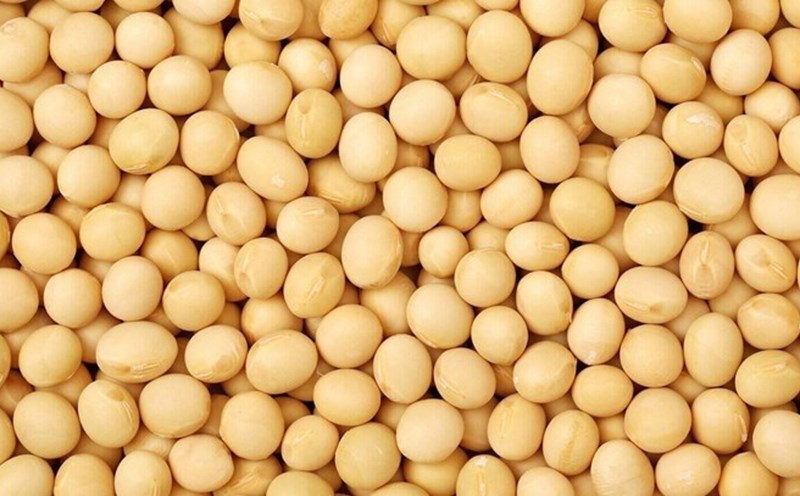According to the National Center for Biotechnology Information (NCBI), squash contains:
Powerful antioxidants such as flavonoids and polyphenols
Saponin and alkaloids have a dilation and diuretic effect
Vitamin C, potassium, magnesium, folate are all beneficial micronutrients for people with high blood pressure.
Excerpt from squash has the ability to dilate blood vessel smooth muscles, thereby helping to reduce blood flow pressure and lower cardiopulmonary blood pressure in the experimental animal group.
According to the American Heart Association (AHA), to control blood pressure well, it is necessary to focus on:
Eating reduces sodium, increases potassium
Supplementing natural diuretic foods
Avoid water retention and reduce inflammation
In which, squash is a food that meets all of the above factors. The rich potassium in squash helps eliminate excess sodium, one of the main causes of high blood pressure.
Squash also has the effect of cooling the liver, cooling the body, supporting mild diuretic, thereby reducing blood pressure in the circulatory system, especially during hot days.
How to make heated luffa juice to support blood pressure
Here is a simple, safe and easy-to-use way to make squash juice at home, suggested by nutritionists:
Ingredients:
1 fresh fragrant squash (not old, not old)
1-2 slices of fresh ginger ( Helps prevent bloating, cold belly)
500-700ml filtered water
A little pure honey (optional, if you want a sweet taste)
How to do:
Knead the peel of the squash, wash it thoroughly under the tap, slice it thinly.
Sliced ginger thinly (no more than 2g to avoid irritation).
Add the squash and ginger to the pot, pour the water, and boil for about 10 minutes.
To cool, you can filter the water, add a little honey and serve as a heating tea.
Note: Do not cook for too long to lose nutrients, do not use squash that is too old (because it can cause itchy neck, indigestion). People with cold skin should use ginger to balance the coolness.
One study showed that in 30 people with early-stage high blood pressure, people who consumed squash tea regularly 2-3 times/week for 1 month had an average reduction of 6 mmHg of cardiopulmonary blood pressure without significant side effects.
Similarly, compounds in squash help inhibit the enzyme angiotensin-converting enzyme (ACE), a common target in drugs for treating high blood pressure.










